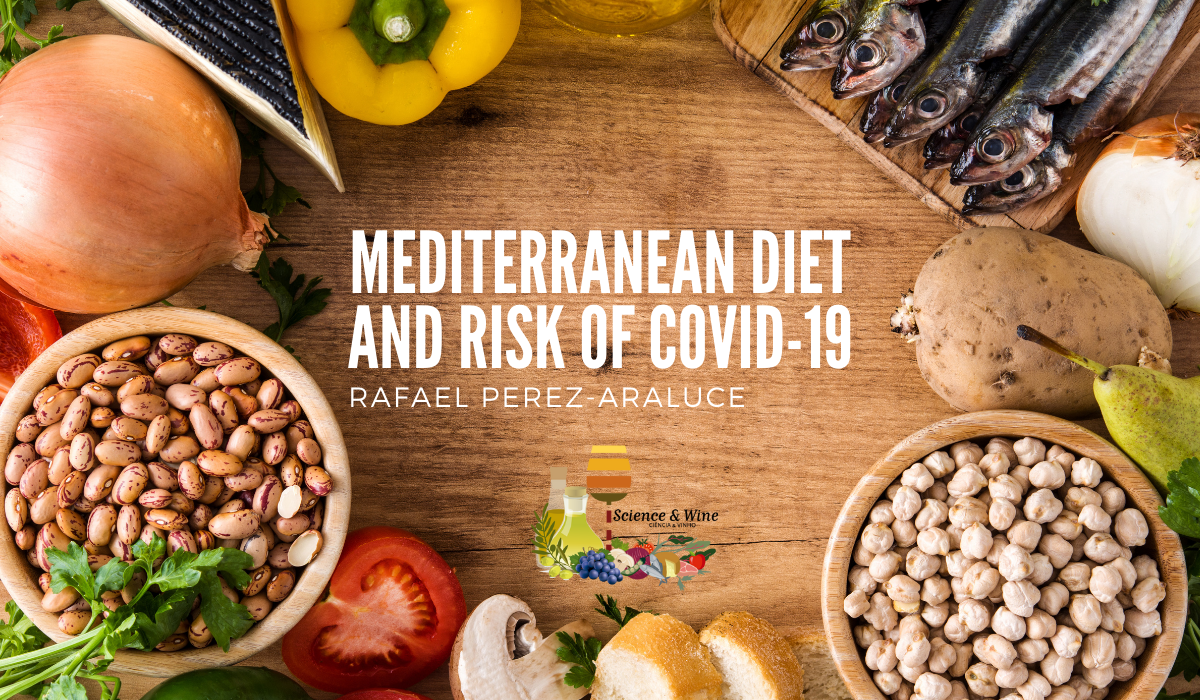Mediterranean dietary pattern is more important than that of its individual food groups. On one hand, for some foods, there was not a big difference between the most extreme consumption categories; therefore, the effect of high or low consumption would be more difficult to be observed. As more foods are included, these differences will grow. On the other hand, although we found a significant inverse association between dairy products and COVID-19, the effect of the Mediterranean diet is the combined effect of all its components, which can combine and enhance each other. Undoubtedly, the recommendation of a complete pattern is much more effective than that of isolated foods.

Adherence to the Mediterranean Diet in a Portuguese Immigrant Community in the Central Valley of California
The Mediterranean Diet (MedDiet) is a healthy eating pattern associated with a better quality of life among older adults and reduced risk of non-communicable diseases. Little is known about the MedDiet in immigrant communities from countries in which the MedDiet is a settled cultural heritage. In this work authors examined MedDiet adherence and perceived knowledge, benefits, and barriers to the MedDiet in a Portuguese immigrant community in Turlock, California. Participants in Turlock had greater MedDiet adherence despite lower education attainment. Furthermore, the perceived benefits of the MedDiet were key factors in MedDiet perception and adherence in a Portuguese immigrant community.

The Mediterranean diet supplemented with extra virgin olive oil or nuts modulates the expression of microRNAs transported by exosomes.
The relevance of lncRNAs and miRNAs in the regulation of different physiological and pathological conditions makes their therapeutic modulation a potentially viable tool to help treating different diseases. Here, the authors report data showing that exosome-transported lncRNAs and miRNAs can be modulated by specific dietary patterns, i.e., Mediterranean diets. Understanding the processes underlying the regulation of cell-to-cell communication, involving non-coding RNAs, may help developing novel therapeutic strategies to prevent or treat human diseases.

